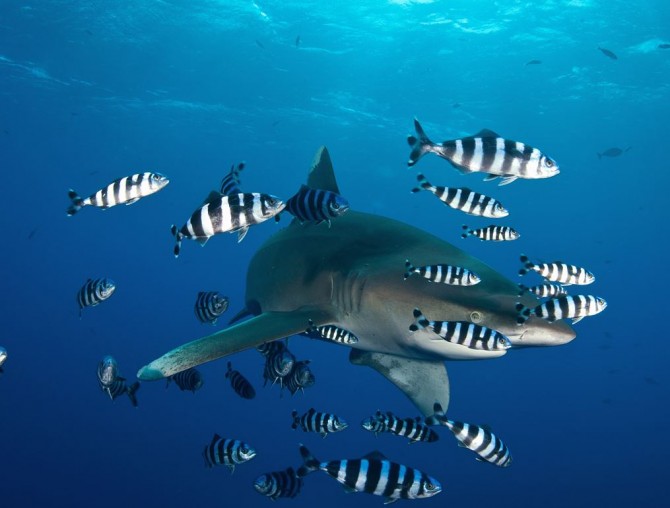Istanbul summit: bargaining for an upgrade

Kudos to Kristalina Georgieva and her panel on humanitarian financing for creating some buzz ahead of the World Humanitarian Summit. Their proposal for a ‘grand bargain’ on efficiency, which would match more bucks from donors with more bang from humanitarian agencies, provides new energy in the run-up to the meeting in Istanbul, May 23-24.
The call for improved performance is nothing new in itself. Reform, transformation, and efficiency have been watchwords of the humanitarian system for the past 2 decades. That little has changed is largely because the sector is shielded from the competition that drives things forward in the market place, on the battle field and in many other areas of human endeavor. Instead of sharp-edged competition and jostling for position, we have coordination, cooperation and commitments to try harder. The result is the humanitarian equivalent of Harry Lime’s cuckoo clock.
While fundamental reform of the sector may be warranted, it is not on the table in Istanbul. But key donors are looking hard at the recommendations set out by the high-level panel on humanitarian financing and in the Secretary General’s report to the summit both of which echo ideas from ALNAP’s Global Forum in June 2015. The list includes a range of initiatives from the so-called participation revolution to greater support to local aid providers as an alternative to the international brigade.
They are all good ideas that would make a difference. The challenge is getting the UN agencies and international NGOs to implement them in a way that improves performance. In-house innovation units set up at UNHCR and UNICEF don’t have the clout to incubate or mainstream changes that question the status quo.
What we need is a startup environment where humanitarian entrepreneurs can develop scalable business models that help the big humanitarian players improve their game. The good news is that we have an increasingly cohesive group of independent initiatives and organizations with the entrepreneurial verve to fill humanitarian gaps and fix systemic problems. Dubbed ‘humanitarian to humanitarian’ organizations (H2H), they offer operational agencies innovative and cost effective ways of doing a better job.
Take assessing humanitarian needs in emergencies where, according to Georgieva’s panel, proliferation and duplication of effort wastes resources and costs time. Enter ACAPS, an organization with an assessment methodology and deployment capability that leaves OCHA in the starting blocks, despite the UN body’s claim to coordinate the assessment process.
Other organizations in this space include REACH, which does data collection and analysis, MapAction, which visualizes the human and physical geography around disasters, BBC Media Action, which provides vital information to survivors in the fog of a humanitarian response, and Ground Truth, which tracks the perspective of affected people and feeds it into program management.
The H2H groups operate according to new principles. “They must prove their worth over and over again. If they don’t add value, they close shop,” says Lars Peter Nissen, ACAPS founder and director. This means continuously improving their ability to plant the seeds of change in individual organizations as well as providing a public good to the broader humanitarian community.
OCHA – with DFID support – has begun to embrace this logic through a common service approach that brings together outside expertize to enable 2-way communication between aid agencies and disaster-hit communities. The common feedback platform set up in Nepal after last year’s earthquake has given momentum to this approach, which is now being trialed in South Sudan and Burundi. But the not-invented-here syndrome is strong and the big agencies must be encouraged to embrace outside competence rather than follow the potentially suffocating path of vertical integration.
A key element in any grand bargain in Istanbul must be to provide space in the humanitarian ecosystem for smaller, nimbler organizations to act as pilot fish, guiding the larger, more ponderous of the species. That’s an outcome to confound low expectations for the summit and provide an upgrade for a system under strain.
